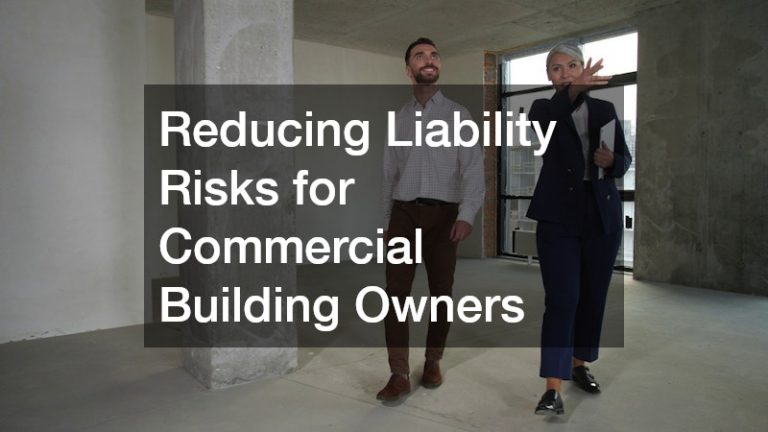• When co-parenting with an ex, any sudden changes in their behavior can cause concern for the children’s welfare.
• Substance abuse and mental health issues may be underlying causes of erratic behavior.
• It is important to approach the situation thoughtfully and seek help from professionals such as therapists, lawyers, and authorities.
• Working together and involving a mediator can help resolve issues in the best interests of your children.
Co-parenting can be challenging for many, but what happens when you notice a sudden change in your co-parent’s behavior? Of course, the first thing that comes to mind is your children. Your concern for their well-being and safety is of the utmost importance. Such changes can lead to concerns for your children’s mental and emotional well-being. Here are the potential reasons for this erratic shift and the possible steps you can take to ensure your children’s continued stability and happiness.
Identifying the Changes in Your Ex’s Behavior
Before addressing the issues, it’s important to identify the changes in your co-parent’s behavior. Take note of specific instances and patterns that have raised your concerns, and ask yourself the following:
- Is your co-parent suddenly neglecting their responsibilities?
- Are they showing signs of substance abuse?
- Are they no longer engaging with the children as they used to?
By pinpointing the specific changes, you will be better equipped to discuss and address them.
Behavior Change Due to Substance Abuse
If you have identified that your co-parent is struggling with substance abuse, it’s important to approach this matter thoughtfully and sensitively. It’s essential to keep your children away from an environment where such substances are present or being abused.
Consider discussing with your ex the struggles they are facing and the potential risks for the children. You can also suggest having them attend professional counseling or rehab sessions to help them combat their addiction.
Behavior Change Due to Stress and Mental Health Issues
It’s not uncommon for co-parents to experience stress and mental health issues, which can lead to changes in behavior. If you have noticed that your ex is showing signs of depression, anxiety, or other mental health issues, you must reach out to discuss the situation.
It is important to be empathetic and supportive during these times of struggle and help them access the right resources for treatment and care. You can inform them about qualified therapists in your area who specialize in treating such cases.

Communicate Openly and Honestly
Once you have identified the concerning behaviors, approach them openly and honestly. Be respectful when conveying your observations and concerns, and avoid being accusatory or confrontational.
Remember that the goal is to work together for the well-being of your children, and maintaining a cordial environment will encourage a more constructive conversation. Here are tips on how to approach them without sounding judgmental:
- Stick to the facts, and avoid making assumptions.
- Respectfully ask questions.
- Express your concerns tactfully without blaming them for anything.
- Ensure that your ex feels comfortable enough to open up about any issues they face.
Seek Professional Help
If you believe the changes in your co-parent’s behavior are severe or dangerous, it might be necessary to seek professional assistance. If you think that your ex and your children are at risk, here are the professionals that can help you navigate the situation:
Local Authorities
If there is evidence of abuse or neglect, it’s important to contact the local authorities. They will then assess the situation and take any necessary action for your children’s safety. Ensure the children are kept from the environment and safe while the authorities investigate.
Child Custody Lawyer
If you are certain that your children are in danger and need immediate action, it’s best to consult a lawyer specializing in child custody cases. They will help you understand the legal process and make the right decisions, including filing for an emergency custody order.
A lawyer will also help you navigate legal proceedings and support you.
Therapist
If you are determined to help your ex through the situation, it’s best to consult a therapist. They will be able to identify the root cause of their issue and provide the right treatment and care.
Therapists can also help you work together to create a healthier co-parenting environment for your children.

Make Adjustments to the Co-Parenting Plan
If your co-parent’s behavior is impacting your children negatively or preventing them from fulfilling their parenting duties, it may be time to re-evaluate and adjust the co-parenting plan.
Work Together
If your ex is still able, try to work together in creating a healthier co-parenting environment. Ensure you are on the same page concerning your children’s well-being and safety.
In cases where your ex faces substance abuse, ensure they have access to professional treatment and care. Offer them emotional support and encourage them to attend counseling.
Involve a Mediator
When things are getting too complicated, it might be best to involve a neutral third party who can help you navigate the situation. A mediator can provide an objective perspective and suggest solutions that are in the best interests of your children.
Remember that the goal is always to ensure your children’s safety and best interests. While these steps are not easy, they will ensure you take proactive steps to protect your children and their future.







